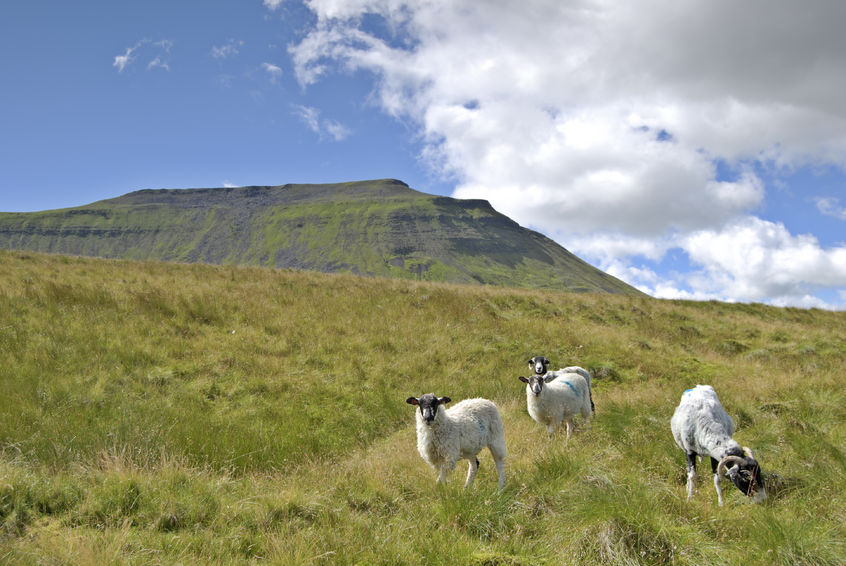
NFU Cymru has warned of the "serious and potentially catastrophic" impact that a cliff-edge Brexit scenario will have on the future viability of Welsh agriculture.
The dire warning follows the publication of the first batch of government technical notices outlining preparations in the event of a no-deal.
Four papers were published by Defra dealing with the future of farm support and RDP funding along with two by HM Customs and Revenue, dealing with trade and trade tariffs.
Additionally, a technical notice on organic farming was published, which suggests that the trade of organic agri-food products would face a cliff-edge scenario in the event of a no-deal Brexit.
The products would not be allowed into the EU until UK organic certification bodies are officially recognised by the EU Commission – as this stands, the approval could take up to nine months.
NFU Cymru has stressed the need for free and frictionless trade with the EU and has called for clarity on the future of agri-food products if the UK were to leave the EU without a deal on 29 March 2019.
NFU Cymru President, John Davies said: “Whilst I recognise that the Government has to plan for all eventualities, I want to emphasise on those who represent Wales in Westminster that a cliff edge scenario will be disastrous for Welsh food and farming, the economy, environment, tourism and culture.
“Those who campaigned for Brexit did so on the promise that the UK would be better off after leaving the EU and that a deal would be struck to allow us to continue to trade freely with our biggest and nearest market.”
WTO tariffs
Of particular concern to farmers across the UK will be the trade paper that examines tariffs.
The note explains that in the event of a no deal, trade with the EU will be on non-preferential World Trade Organisation (WTO) terms, meaning that Most Favoured Nation (MFN) tariffs and non-preferential rules of origin would apply.
It further adds that the UK will apply its own MFN rates to goods imported from the EU and will determine and publish these before the UK leaves the EU.
Under WTO terms, the UK government would have full flexibility to reduce import tariffs, which they could do to decrease imported food costs.
Mr Davies added: “The available research from organisations such as HCC and the AHDB, along with our commissioned reports, have consistently highlighted the negative impact that WTO tariffs would have - with exports in the sheep sector being worst hit.
“The beef sector could also be negatively impacted if Government allows low or tariff-free beef imports - potentially from countries with lower standards of production and regulation - this would have a huge impact on the Welsh beef industry.
'Major concern'
Mr Davies said the move to WTO tariffs, plus the lack of clarity around what rates the UK Government will set, is of "major concern" to Welsh farming businesses.
He said farming is a long term business and the publication of these notices combined with the ongoing political disagreement on the shape of the UK's future relationship with the EU is causing "huge concern" to the farming industry within Wales, "hampering ability" to plan for the long term.
“Let’s not forget that farming delivers economically, socially, culturally and environmentally for all of Wales,” he added.
“The whole of the rural economy would be affected and the knock on effect of lower production levels would have detrimental effects on the landscape and our environment. A critical level of supply of high quality PGI status Welsh lambs is essential to keep a viable processing sector in Wales.”
“While we believe that a deal is the most likely outcome to the ongoing negotiations between the EU and UK, we urge both sides to find pragmatic solutions to the issues still outstanding between them. A no deal outcome would be the worst possible one for the farming industry."
